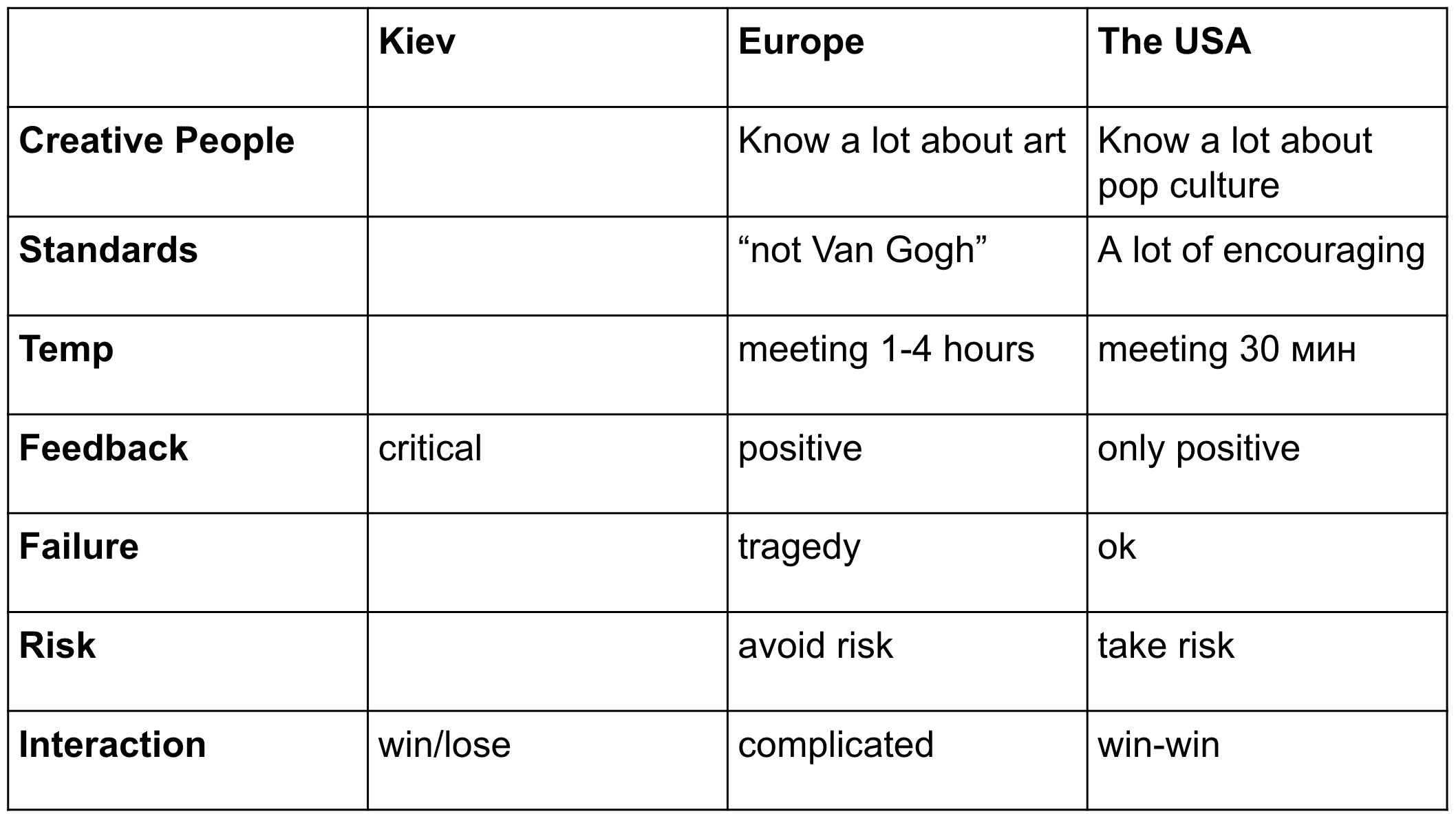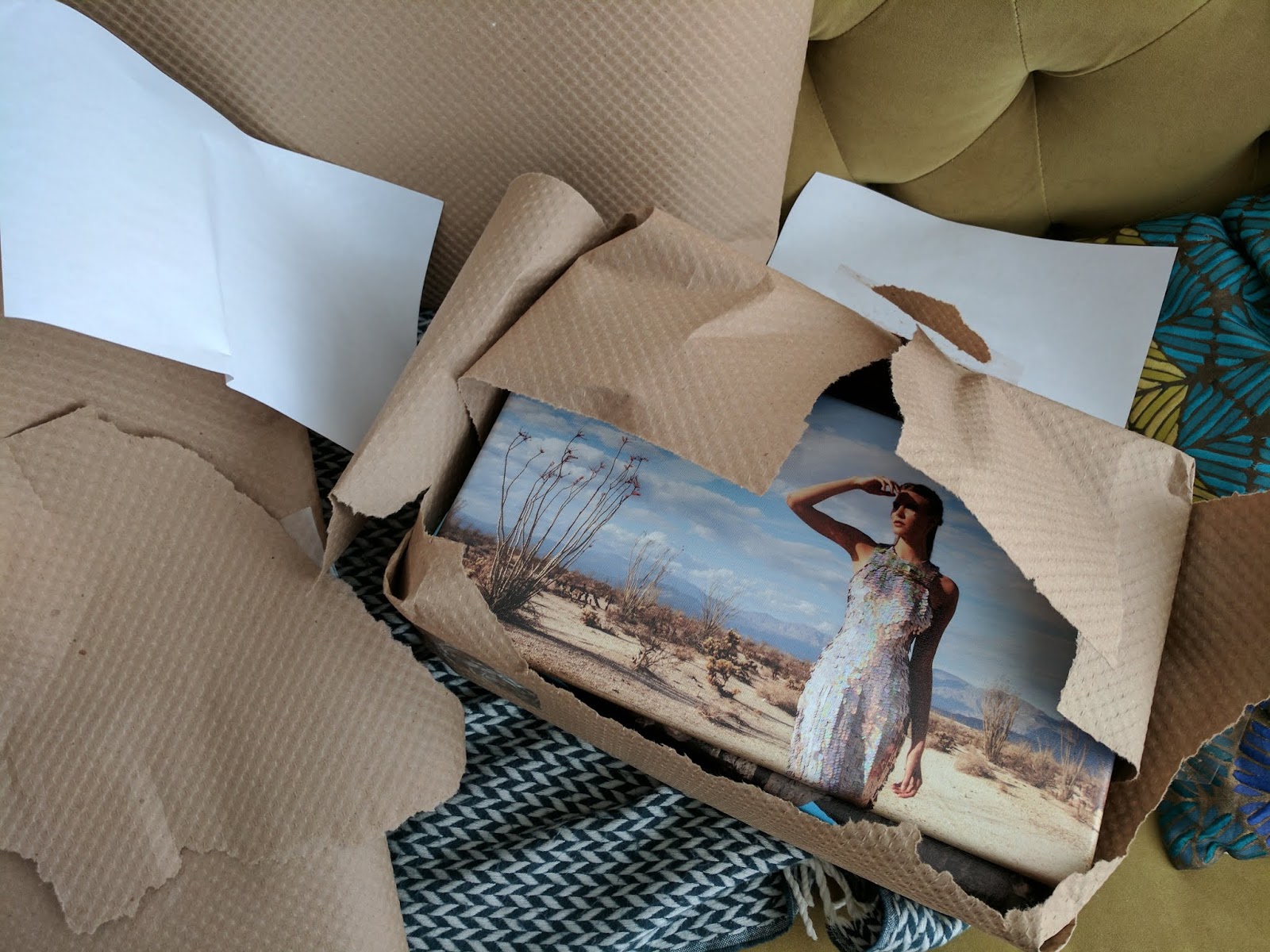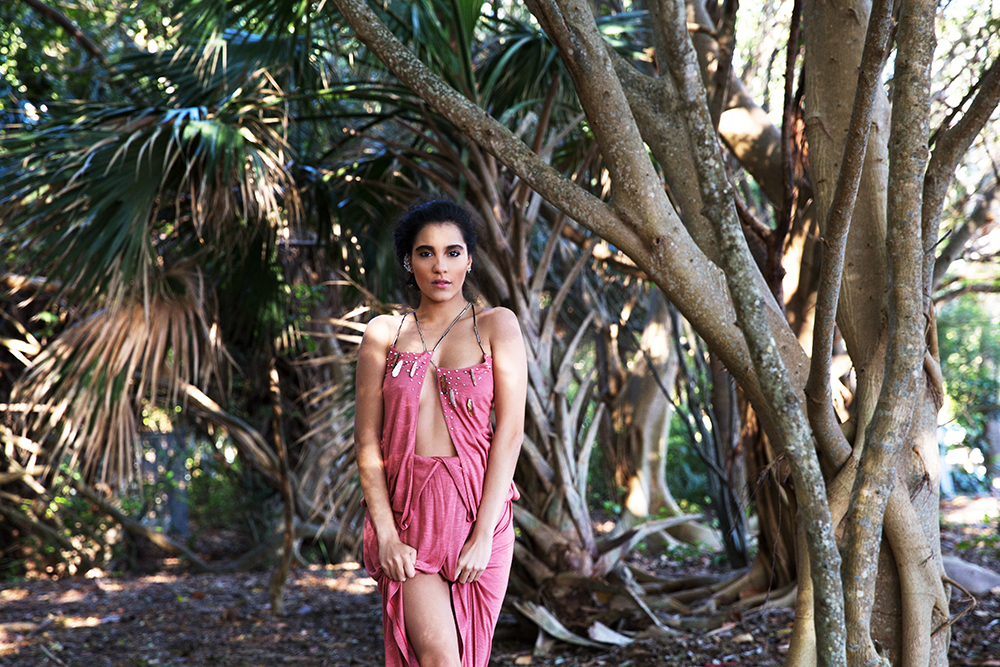Common mistakes of beginners
- Lack of retouch. I mentioned it above. "You have no idea how many reasons I hear from the beginner photographers to not retouch, not add enhance their images. "It's more natural this way", "more realistic" (which is a valid concern if you do serious reportage), "more ethical". Upon longer conversation it usually comes to these 2 real reasons: 1. person doesn't know how to do it, or 2. person is not confident enough in their work to spend 2-3 hours perfecting the picture. Ok, let's say the underexposed pictures is beautiful by itself, mysterious! But it will be lost in any context (mood-board, fb page, even your website) because all the other elements next to it will be brighter, more catchy. As for skin problems: check our frequency separation technique, it will allow you to save as much os ski texture as you like, while making picture attractive for client or magazine."
- Jealousy over models. I know how special the connection is between a model and photographer. Especially when you just began to learn and you feel like the model helps you to develop your potential. When I just started, I had this model friend Julia. Every time we shot was like a fete to me - we would go for hours and hours and walk miles looking for cool locations, think about ideas and implement them on the fly - she was true muse. So I understand that some people can develop jealousy over such model. But what you have to remember is, your model's career time is 5-10 years, yours - 40-50, so one month to her is way more precious then one month for you. She should grow faster and you should help her. Tag, promote, recommend your models, be happy if she landed a photographer that's better then you and in return they will do the same. Julia got in one of the best Moscow agency and of course everyone here started to hear about me and based on that I started m-classes for new models and got to know agents who sent me some more experienced girls which allowed me to work with really professional models early
- There is a problem with beginners who have really good taste - it takes years to produce something that you like. In the meantime you are painfully aware of how basic and imperfect your work is, which doesn't allow you to reach out to people, show your work on social, book clients and so on. And because those people are normally also hard workers, for them what they do equals what they are. So if the pictures they make are not to up their standards it means they are not good photographers and not good in general. It's a bit like in "To the Lighthouse" by Virginia Woolf where she describes a female painter, who works and simultaneously tell herself "Women don't pain" - it's really hard to produce something while your inner critic is nagging you all the time. To photographers like this I would suggest to remember that "perfect photos" they see were produced after 20-30-40 years of practice, they can aspire to them, but they need to compete here and now with other level of photographers. Make a research about who else is in your niche, on your location and in your price range and you will see that you are actually doing great here and now (and in 20 years we will see, maybe you will be a new Newton)
- Never give away Raw files. This topic actually surfaces frequently in FB groups and opinions vary, I will try to defend mine today - why I never give away RAWs. Here are 3 main reasons. 1. RAWs are proof of my authorship as a photographer. If someone stills my stuff I can show the RAW in any authorship dispute. 2. I don't want to see my photos, un-retouched, with funny filters on social media and with my name under them. I am very serious about my standards and I only want my name to be associated with high end product. 3. Models/clients often just don't know what to do with all this files. They don't have software to open .raw or even Lightroom to compare and pick the files, what they see is a pile of unfinished pictures that look much worse then pictures on your website. As they are not pro retouchers, they don't see how the pictures will look at the end so they develop a feeling that the photoshoot was bad and selection process was exhausting, as a result their satisfaction from the overall experience is low. Also guess what, in one of the groups I asked model "what's raw files" and she told me that "raw" is a slang for full size photos before retouch. Anyway, what I try to say is ask yourself what your product is. I know that mine is set of 10-20 (more for look-books) the photos retouched to perfection, I am more Apple then Ikea if you will:)
- When shooting, put your ego away - probably this is the biggest advice I could give myself 7-10 years ago. Classic example, say the model is an hour late to the photoshoot. You are sitting there with the team, waiting for her, feeling like a fool for your bad choice of irresponsible model. Everyone are bored, you run out of small talk topics. Finally she arrives and gives you some bs-sounding reason. Now you are angry and you can carry this anger throughout the photoshoot, being passive aggressive, thinking, how could she make me wait, me, awesome, super talented photographer, probably she doesn't value my time and my work. Guess what, you just ruined your own photoshoot. Not because you started an hour late and didn't do everything you planned, but because your model looks tense on the pictures, team makes mistakes in makeup and style because of passive aggressive tone you created, you yourself don't perform well. Next time the model will be an hour late, check your ego at the door, greet her normally, recalculate what you can do and how fast you should move and get to work. Would you work again with this model though? Probably not.
Styles of photographs in different countries
About photography in the US vs Europe vs Ukraine:

On The Road project working in 11 states with local teams:


How to understand that you see the work of a master?
It obviously depends on who you regard as a master, but for me all my favorite works have this 5 things in common:
- Emotional connection - I connect and empathize instantly with a photo's main character, photo captures me emotionally first, then visually
- Attention to details - great photographer is never lazy, no detail is too small for him/her to say "I won't bother"
- Subject first - even if it's a commercial you see the subject first, you want to feel what she feels and you want to get the stuff she has so maybe you could live her life
- Creativity - no two pictures by a master a the same, sometimes he/she repeats the theme or the lighting or works with the same models many times, but nonetheless every attempt is different in some significant way
- Breaking rules - they know the rules and they know when and how to break them to get the effect they want, be it calculated mistake or innovative use of the old outdated technique
Photographer-Stylist equilibrium (additional question)
I was really happy to get this question because it tells me there are other photographers out there who want to do more then just light&angles. When I photograph, I like to be involved in every aspect of the look: makeup, wardrobe, pose, emotion - that's why I try to never work with creative directors. But then, there are a lot of stylists who do the same - trying to oversee the makeup artist, photographer's lighting and telling the models how to pose. So the problem with me is often, especially is I have a strong stylist, we both are sort of aiming for creative director's job and thinking it's rightfully ours. In this cases I try to reach this balance: stylist is responsible for how model looks - wardrobe, makeup, hair, props; I am responsible for what model does - emotion, pose, light, backdrop (composition), angle. It's unacceptable on my set for the stylist to direct a model and at the same time even if I don't like the look, I will just try to find a way to spin it anyway.
